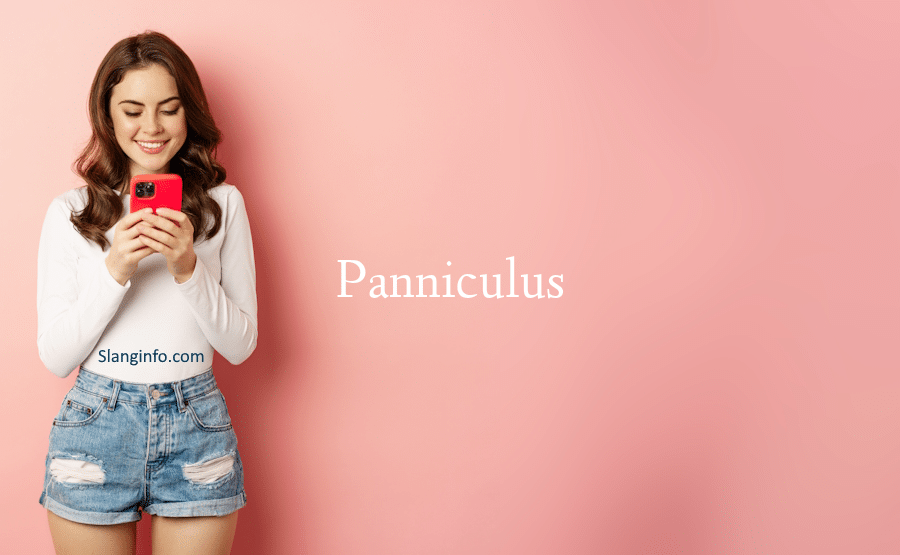Understanding the term “panniculus” is essential for anyone interested in body health and wellness. This medical term refers to a specific layer of tissue in the body, particularly known for its significance in discussions about weight, obesity, and surgical procedures. By breaking down what “panniculus” means, we can foster a more informed conversation about body image and health awareness.
Key Takeaways
| Point | Details |
|---|---|
| Meaning | Refers to a layer of tissue known as the abdominal panniculus. |
| Usage | Used in medical contexts to describe subcutaneous fat. |
| Contexts | Relevant in discussions on health, weight management, and surgery. |
| Importance | Helps in understanding body image and health risks associated with obesity. |

What Does Panniculus Mean?
The term “panniculus” specifically refers to a layer of subcutaneous fat and connective tissue found in the abdominal area. Clinically, it is often referred to as the abdominal panniculus adiposus. This layer can vary significantly among individuals and is important in discussions regarding obesity, as excess mass can lead to health complications such as diabetes, cardiovascular disease, and other obesity-related conditions. Understanding this term is crucial in medical evaluations and treatments involving weight management and body contouring procedures.
Also read: Flex Meaning
Origins and Evolution
The term “panniculus” has its roots in Latin, derived from “pannus,” meaning cloth or layer. In medical literature, it has been used for centuries to describe layers of tissue and fat. As medical understanding evolved, especially concerning obesity and weight-related health issues, so did the use of “panniculus.” The term gained more attention with the advent of bariatric surgery and cosmetic procedures aimed at body contouring, where understanding the panniculus is essential for effective treatment. Today, “panniculus” is widely recognized not only among healthcare professionals but also in discussions about body image and health.
If you’re interested in exploring more about body-related terms or slang, you might want to check out Clean Girl Aesthetic or see what Periodt means!
Stay tuned for more insights into how panniculus impacts health discussions and self-perception!### Common Contexts for Using Panniculus
- Medical Descriptions: Used to describe excess abdominal fat in clinical settings.
- Health and Fitness: Discussed in relation to weight management and body contouring.
- Surgical Procedures: Relevant in procedures like panniculectomy to remove excess skin and fat.
Why is Panniculus Important?
Understanding the panniculus is crucial due to:
- Health Implications: Excess abdominal fat can increase risks for conditions like diabetes and heart disease.
- Body Image: Plays a role in how individuals perceive their bodies, impacting self-esteem and mental health.
Also read: Pookie
Examples of Panniculus in Action
- Medical Context: “The patient’s panniculus was assessed before considering surgery.”
- Fitness Discussion: “Exercises targeting the core can help manage the panniculus.”
- Surgical Reference: “A panniculectomy was performed to remove the excess panniculus.”
Impact on Health and Well-being
Understanding the panniculus can aid in managing health risks associated with obesity. It encourages proactive health measures, such as maintaining a balanced diet and regular exercise, to address excess abdominal fat.
Also read: Ghosting Meaning
Expert Tips for Managing Panniculus
- Healthy Lifestyle Choices: Focus on a balanced diet and regular physical activity.
- Consult Professionals: Seek medical advice for personalized health plans or surgical options.
- Stay Informed: Keep up with the latest research on obesity and health management.
Also read: Womp Womp
Conclusion
Grasping the concept of panniculus is vital for maintaining overall health. By recognizing its significance, individuals can make informed decisions about their health and well-being.
For more insights into health-related topics, explore what Fanfiction means or dive into the world of Rizz. Stay healthy!







